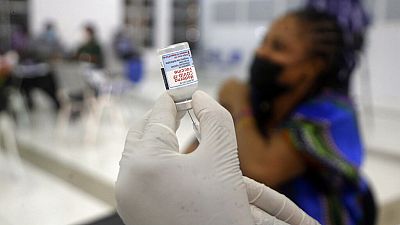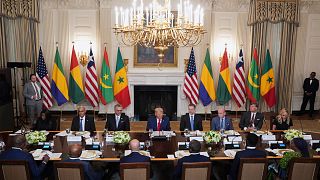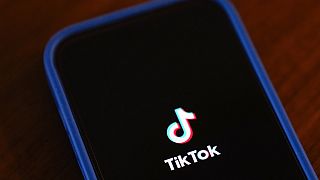USA
Muhammad Ali Pate, a former Nigerian health official, senior World Bank official, and Harvard professor, will take over the reins of the Vaccine Alliance (Gavi) on August 3, which works to provide vaccines in developing countries. low income.
He will succeed American Seth Berkley, who has led the organization since 2011, said José Manuel Baroso , chairman of the Gavi Board of Directors and former president of the European Commission, in a statement.
"Muhammad Ali Pate stood out from the pack of world-class candidates. With his knowledge and experience of national immunization programs, international emergency response, and global finance, I am confident that Gavi will be able to continue its mission, as well as address the many challenges and opportunities that we will face,” Baroso said.
"I am deeply honored to join Gavi as the new CEO. Gavi is one of the most influential organizations in global health," said the future leader of the Alliance, paying tribute to his teams.
Dr Pate, who has a background in internal medicine and infectious diseases, is currently a professor at the Harvard Chan School of Public Health in the United States.
Previously, he was Secretary of State for Health in Nigeria between 2011 and 2013. In this role, he led a flagship initiative to revive routine immunizations and primary health care, explains Gavi.
Prior to Harvard, he served as global director for health, nutrition, and the population at the World Bank where he managed its $18 billion fund dedicated to fighting the Covid pandemic. He also ran the UK-based organization Big Win Philanthropy.
Holder of an MBA from Duke University in the United States, he also studied at University College London and holds a master's degree in Health Systems Management from the London School of Hygiene & Tropical Medicine.
The Vaccine Alliance is a public-private partnership "helping to immunize half of the world's children against some of the deadliest diseases," the statement said. She played a pivotal role in the Covax mechanism which aimed to provide people in poor countries with Covid vaccines, which governments did not have access to.
While Covax has managed to distribute more than 1 billion million doses, its effectiveness has been greatly affected by supply difficulties in India and also by mistrust of serums in certain countries.












Go to video
“I can’t do nuttin’ for ya man”, Nigerian Minister quotes Flavour Flav in rejection of Trump policy
00:55
Nigerian security forces kill 30 gunmen in counter-attack in northwest
01:55
Burkina Faso's only eye doctor for children sees trauma of both play and conflict
Go to video
U.S. slashes visa duration for some African nationals amid policy shift
Go to video
Nigeria snubbed at White House summit, opposition blames Tinubu
02:05
WAFCON: Super Falcons fans optimistic about the team's performance